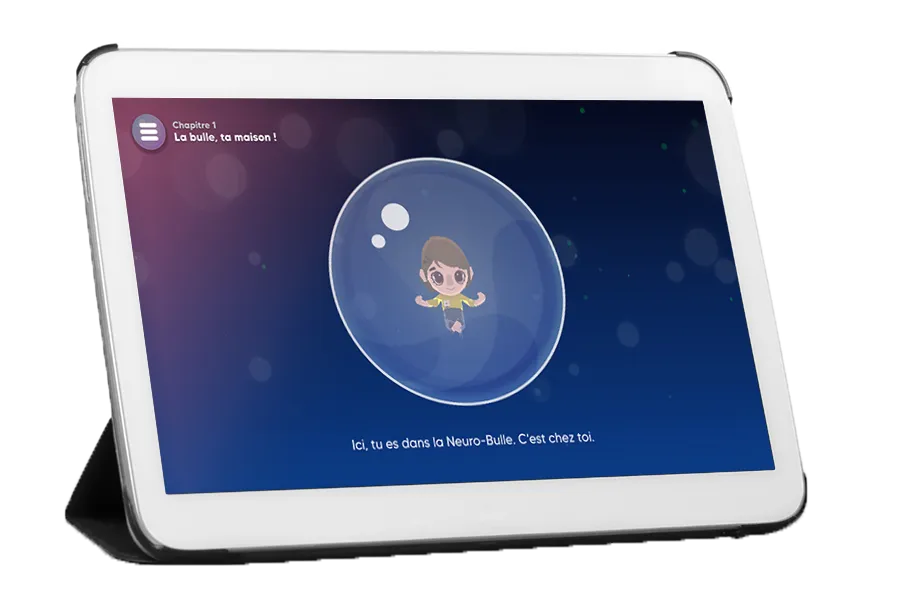Who is Carole Dweck?
Carole Dweck is an American psychologist and professor at Stanford University. Born on October 17, 1946, she received her doctorate from Yale University in 1972. Her professional journey then led her to teach at prestigious institutions such as Columbia University and Harvard University.
Carole Dweck dedicates her career to understanding how people think and learn. She dives deep into the mysteries of motivation, exploring why some people succeed despite adversity, while others encounter difficulties.
Her work gave rise in 2006 to a groundbreaking theory, contrasting the concepts of “Fixed Mindset” and “Growth Mindset”. In it, she demonstrates that how we perceive our abilities can shape our approach to learning and failure. An idea with profound implications, influencing how we set goals, face challenges and progress in various areas of life.
This theory is detailed in his book, “Changing Mindset: A New Psychology of Success“.
Dweck’s work doesn’t stop with her writing. She’s committed to sharing her findings, giving talks to help her audiences adopt a growth mindset, opening the door to new possibilities for learning and success.
Carole Dweck reminds us that every child’s potential is unknown and can be developed with time, effort and dedication. She invites us to encourage our children to adopt a growth mindset, to be curious, to explore and to learn with passion. 🌱
Find the conference in its entirety, in English with subtitles:
Key takeaways from Carole Dweck’s conference
- The power of “Not Yet”
The idea is simple but profound: rather than telling a child they’ve failed, telling them they’ve “not yet” succeeded is a way of letting them know they’re on the road to success, highlighting the value of effort and perseverance. 👏 This instills hope and the prospect of future success, and encourages students to see learning as an ongoing journey.
- The Fixed Mindset concept
Having a “fixed mindset” comes down to seeing challenges as threats to our intelligence. A child stuck in this mindset will tend to avoid difficulties and fail to learn from mistakes.
- Developing a Growth Mindset
Conversely, the “growth mindset” enables us to approach challenges as opportunities to grow and evolve. Properly supported in this approach, children understand that their abilities can be developed with time and effort. 🧠
- Rearing our children for the “Not Yet”
How do we educate our children? Do we encourage them to dream big and embrace challenges, or do we simply push them to get good grades? Making them aware that they can constantly evolve and develop sends the message that anything is possible!
- Encouraging and rewarding effort
It’s better to value the process, the effort, and the perseverance of children, rather than the result itself. This makes them ready to face challenges.
- Changing mindset can change results
By teaching children that their Brain can grow and that they can always develop skills by stepping out of their comfort zone, it’s possible to reverse patterns of failure, significantly improve their performance, but above all boost their self-confidence! 🚀
- Fostering equality in education
By adopting a growth mindset in education, we can close the gaps in educational achievement and enable all children, regardless of background, to succeed and prosper.
Why is this important for our children?
Integrating “Not Yet” into our children’s education helps nurture their confidence and intrinsic motivation. It helps them understand that their potential is unlimited, and that their abilities can be developed with time and effort. As a result, they are more inclined to take risks, explore new avenues and engage fully in the ongoing process of learning and discovery. By cultivating a growth mindset, we prepare our children to thrive in an ever-changing world and contribute positively to society.
The notion of “Not Yet” also fosters a culture of empathy and support. Children learn that error is human and a natural part of the learning process. This makes them more understanding of themselves and others.
Every child has the right to live and learn in an environment that nurtures a growth mindset and a belief in the possibility of improvement.
What if we started applying these principles today to foster a generation of resilient, passionate and fulfilled children? 🌟
The Babaoo recap
In her lecture “The Power of Yet”, Carole Dweck encourages us to see challenges and failures not as definitive limits, but as milestones in a learning journey that is continuous. She stresses the importance of valuing effort and perseverance. The conference highlights how this approach can transform education, foster equality and enable all children to realize their potential.
➡️ Also worth reading: Learn to do something new in 4 steps





